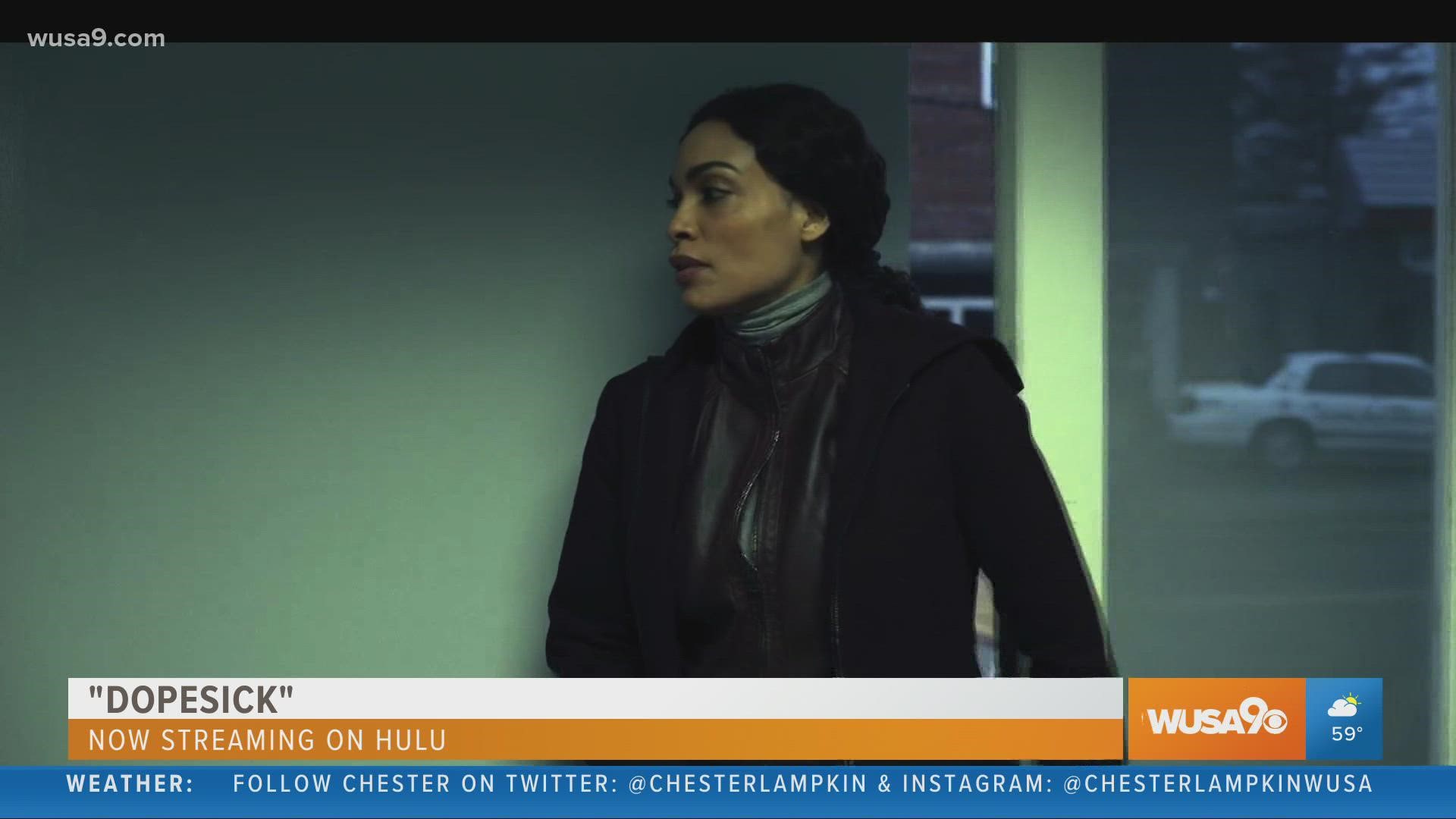ANNAPOLIS, Md. — Editor's Note: The video above originally aired on Nov. 1, 2021.
Maryland, D.C. and seven other states reached a $6 billion settlement Thursday with the family behind OxyContin maker Purdue Pharma.
The Sacklers, whose wealth has been estimated in court filings at over $10 billion, will get to hang on to a chunk of their vast fortune and be protected from current and future civil lawsuits over opioids.
The deal, which must be approved by a federal bankruptcy judge, requires the Sacklers to pay as much as $6 billion, with $750 million for victims and their survivors. Most of the rest will go to state and local governments to fight the crisis. They also must give up ownership of their company, with the new entity's profits going toward fighting opioid addiction through treatment and education programs.
The District will receive a total of $31 million from the settlement and Maryland will receive $39.6 million.
Some of the survivors of the opioid crisis and relatives of those who died will receive payments. But most will get just a few thousand dollars — not even enough to reimburse the cost of a funeral — and many more who have not filed claims already will be shut out altogether.
Brian Frosh, the attorney general of Maryland, said in a statement that this settlement is a 40% increase from the settlement reached with the Sackler family in August 2021.
“This hard-won settlement is a tremendous benefit for the country," Frosh said. "It will save lives and continue our pursuit of justice for all who have suffered from the epidemic that has destroyed so many families and communities."
A statement from Karl Racine, the attorney general of D.C., says the settlement holds the Sacklers and Purdue Pharma accountable financially for their role in profiting off of the opioid epidemic.
"No one, no matter how big or powerful, will get away with risking the health and safety of vulnerable District residents," Racine said.
For those who lost loved ones in the opioid crisis, making sure the family behind OxyContin maker Purdue Pharma paid a price was never just about money. What many wanted was a chance to confront the Sackler family face to face, to make them feel their pain.
The agreement also recommends that the victims be allowed to directly share their heartache with Sackler family members by videoconference at a hearing scheduled for Wednesday.
While some may get that chance, in addition to a financial settlement, the families impacted by the crisis are coming away feeling empty, conflicted and angry yet again. There's a bit of hope mixed in, too.
Nothing, though, will bring back any of the lives lost or hold the Sacklers fully accountable, in their eyes.
"I'd like to see the Sacklers bleed all they can, but the bigger picture for me is what they're doing to clean up the mess," said Vicki Meyer Bishop of Clarksburg, Md., said in an interview with the Associated Press. Bishop lost her 45-year-old son, Brian Meyer, in 2017.
"We're all so very worried about the next generation and the next child who will be lost."
"These families do need to get something," said Beth Schmidt, who started a support group in Sykesville, Md., after her son Sean died in 2013, one of 13 lost in their town in little over a year. "We have families that can't afford to bury their children. They're choosing cremation because it's less expensive. They shouldn't have to do that."
Meyer Bishop told the AP she would love to face the Sacklers and show them a picture of her son that's "so big they couldn't look away."
"It's what I see before I fall asleep every night," she said. "I don't even know if that would touch them. I don't think it would."
The Sacklers have been cast as the leading villains in the country's opioid crisis by activists who point to their lack of remorse and long-running efforts to shield their wealth while maintaining a lavish lifestyle. Their role in the epidemic was spotlighted in Hulu's miniseries "Dopesick."
A half-million Americans have died from opioids over the past two decades, a toll that includes victims of prescription painkillers like OxyContin and Vicodin and illicit drugs such as heroin and fentanyl.
According to D.C.’s attorney general, opioid overdoses increased 46% from 2019 to 2020 and disproportionately affected Black District residents, "who accounted for 84% of overdose fatalities in the last six years."
Allowing the Sacklers to avoid any more lawsuits or jail time is a dangerous message to send to the pharmaceutical industry or any other business, said activists who have fought for Purdue owners and company officials to be charged with crimes.
Sackler family members have never unequivocally offered an apology, but on Thursday issued a statement of regret about the toll of OxyContin.
The settlement comes more than two years after the Stamford, Connecticut-based company filed for bankruptcy while facing some 3,000 lawsuits that accused it of fueling the crisis by aggressively pushing sales of its signature painkiller.
An earlier settlement fell apart last year, but this time the Sacklers agreed to add another $1 billion and accepted other terms.
"Sadly, we can’t bring back those who lost their lives because of these addictive and dangerous drugs, but these funds can help save lives," Racine said in a statement. "We will continue to hold accountable those responsible for the opioid crisis, and we’ll keep seeking to secure resources to help residents who have been affected by the crisis.

